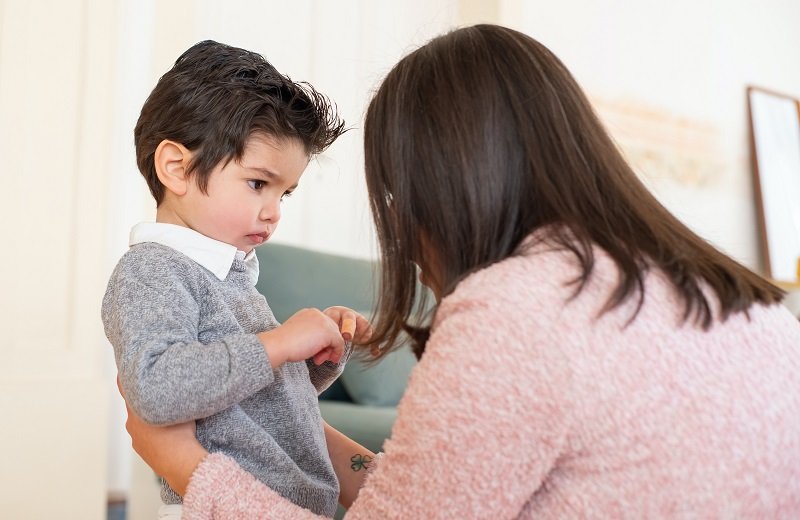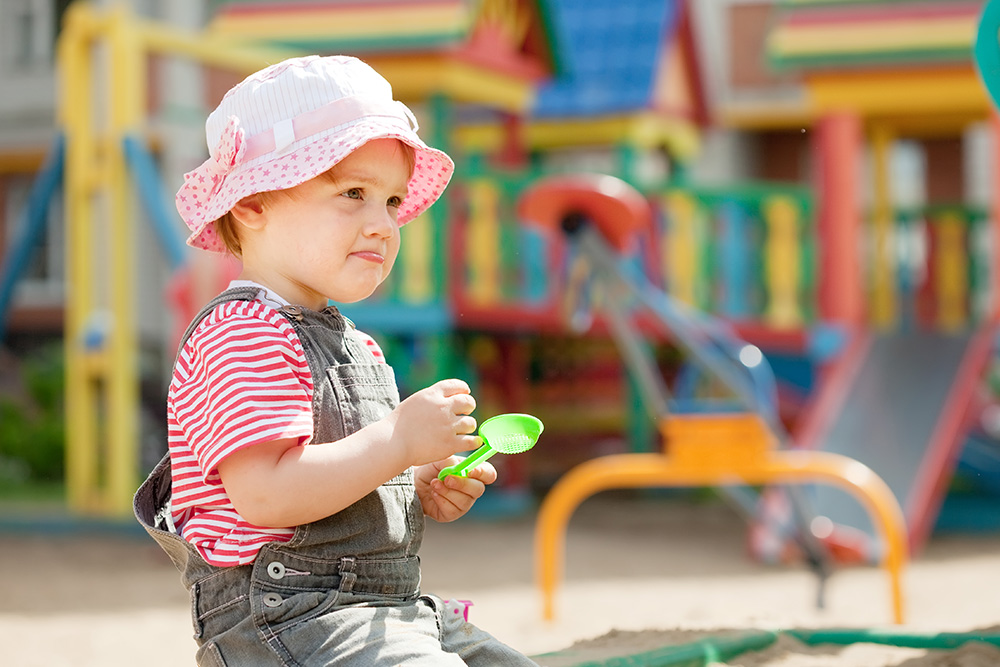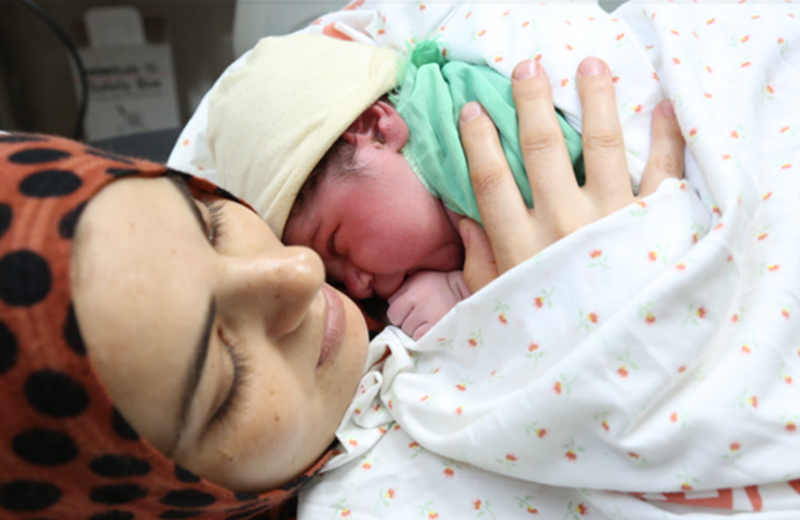Children's Health
The Importance of Emotional Intelligence in Parenting

I was picking up my son from swimming practice the other day, and he was very upset and frustrated. He has recently been under pressure due to the fact that it’s his final year at school and also because he’s not achieving his goals in sports.
As usual, I started a conversation about his emotions, hoping to help him improve his emotional intelligence, but I was surprised when he told me that he didn't want to talk about it and that he wanted to bottle it up just like a man (he’s 17). I was speechless because we always had deep conversations, and he was always willing to share; he even referred to me as his therapist. So, after all of our discussions about emotions, I felt overrun by cultural misconceptions.
Why Suppressing Emotions Can Be Harmful?

Through my experience and after receiving my certification in emotional intelligence, I have realized that suppressing our emotions is simple, and we can become experts at it. On the other hand, it takes courage sometimes to express our feelings and expose our vulnerability. The more we suppress them, the stronger they become; and the more we ignore them, the louder they shout.
It's not just men; I have always kept my emotions bottled up; I have always felt embarrassed to cry in front of someone, even if it was a close person. I have always kept my worries and sadness from my children, thinking I was protecting them, not realizing that I was depriving myself and them of moments of connectedness. I know it's a difficult habit to break, but bringing awareness to it is the first step toward change.
Remember that if we don't share and express our emotions with our children, they will not do it either, because children are able to tune into our internal states even if we try to hide them. It's simple to express pleasant emotions like happiness, joy, excitement, and even anger, but it's more difficult to express unpleasant emotions like sadness, fear, remorse, or frustration.
These unpleasant emotions might give us the energy to withdraw and cocoon ourselves, and that is fine if that’s what we need at the moment to resolve an issue. But it’s also fine if we cocoon ourselves with a loved one who can understand and comfort us. Our children need that kind of connection from us; their brains are still developing, and they need us to teach them how to regulate themselves and deal with difficult emotions.
How Emotions Can Be Used as Allies

To understand our emotions, we need to look at them as our allies. An emotion is like a friend knocking on your door to deliver a message; it draws your attention to what you need and value. If you are angry or frustrated with your child, your feelings tell you that a problem or a challenge needs to be addressed. Our emotions also influence our behavior, whether on a conscious or subconscious level, with the latter being more common because we are creatures of habit. So instead of suppressing them, it’s better to bring intelligence to our emotions and listen to the wisdom behind them.
Naming our emotions has a powerful effect; it creates space between us and the emotion, allowing us to see it more clearly and respond to it more consciously. We reduce the intensity of an emotion when we name it because doing so requires us to engage our thinking brain, which calms down the emotional brain.
So, when you're feeling an emotion, or perhaps more than one, try to name it. Then ask yourself, "What else am I feeling?" and validate those feelings by accepting them. I understand that it can be difficult to accept what we feel at times, but judging our emotions doesn't help either. Therefore, making friends with emotions and welcoming them serves a better outcome.
It feels validating to have our emotions acknowledged. When we validate our children's emotions, it helps them feel seen and heard and can create a safe space for them to express their feelings.
In conclusion, we need to teach our children that emotions are a part of life and that expressing them is essential. By acknowledging our emotions, naming them, and validating them, we can build a healthy relationship with them. We can help our children develop emotional intelligence by modeling healthy emotional expression and creating a safe space for them to express their feelings. It takes courage to break the cultural misconceptions about emotions, but it's worth it for our mental and emotional well-being.














